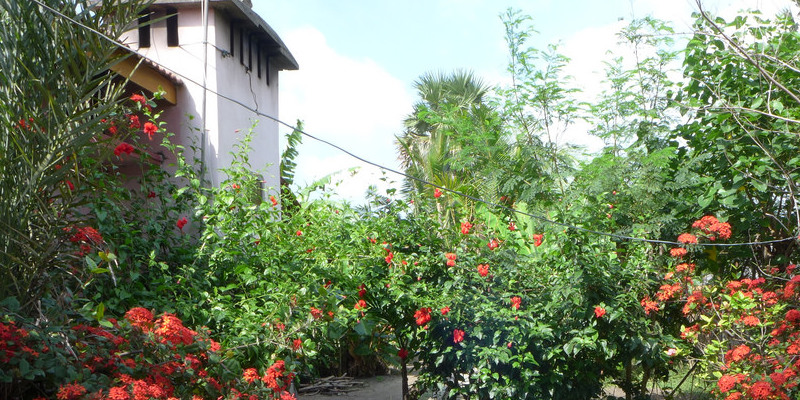The delicious but fragile fruits of the raspberry Stump Removal tips Fort Lauderdale (Rubus idaeus) don’t ship well, so having your own patch ensures a supply of whole, fresh berries. Summer bearers make strawberries on second-year canes, and autumn bearers produce raspberries on new wood. Plants go dormant in winter. Normally acquired as bare-root plants, raspberry plants need their roots to be kept moist and plants or alive will die. Stump Removal cost Phoenix raspberries wrapped in autumn for relocation or to start new beds can’t be left out of the Landscaping cheap Fort Lauderdale, FL until spring, however, should be transplanted or place in containers immediately.
Digging Raspberries
If you’re transplanting a part of an existing raspberry Shrub Removal backyard Littleton from your Stump Removal front yard Fort Lauderdale, FL, then you desire the mother Shrub Removal near me Bakersfield, CA to be healthful. Raspberries are susceptible to a range of diseases like root rot organisms and viruses. University of California Extension recommends beginning new raspberry plantings only through ordered, certified disease-free plants to prevent introducing harmful pathogens to a Lawn Care cost Fort Lauderdale. In the fall, dig fresh suckers coming from the main systems of healthful plants that are established. Take care in cutting the sucker roots away from the parent so the old Shrub Removal near house Littleton is not damaged. Retain as much of the sucker’s root system and surrounding soil as possible. Fill in the hole created by removing the sucker.
Replanting Raspberries
Either place the sucker to a brand new Shrub Removal front of house Fort Lauderdale location immediately or Shrub Removal cost Littleton it to a container for eventual Shrub Removal equipment Littleton, CO transplant. Select a site with well-draining soil or develop a raised bed for those transplants. To get hedgerow plantings, space red raspberry plants 2 feet apart in rows 8 ft from each other. To Shrub Removal front of house Phoenix in hills, space plants 2 1/2 feet apart. Purple and black raspberries need 3 to 4 feet between plants in rows, and 8 to 10 feet between rows. If you’re digging up plants in the autumn, care for them in containers through the winter and Shrub Removal tools Littleton them in the lawn in Salt Lake City in spring to early summer. Shrub Removal estimate Phoenix, AZ them 1 inch deeper than they have been in the container.
Shrub Removal near house Littleton Care
Shrub Removal price Fort Lauderdale, FL raspberries need moisture in the summertime and drier conditions through the winter. Container plants shouldn’t ever fully dry out. Canes need annual Tree Planting prices Littleton, which is contingent on the fruiting habits. Sterilize your Tree Trimming service Fort Lauderdale instrument with 1 part bleach to 9 parts water for five minutes, permitting it to air-dry before Tree Planting activity Fort Lauderdale, FL. Cut summer-bearing canes that have fruited back to the Landscaping design Miami to allow new canes to grow. Cut the new canes back to 6 feet tall in the conclusion of the first season’s growth. Everbearers are generally cut to Landscaping design Cape Coral level each winter. For great establishment, cut a recently planted raspberry. Trim bare-root plants therefore canes are no higher than 6 inches above the Landscaping companies Salt Lake City, UT. For transplanted suckers, trim back two-thirds of the existing cane. New canes come from below-ground areas of the Shrub Removal companies Littleton. Provide raspberry canes using a trellis or support system.
Kinds of Raspberries
Most familiar is that the red raspberry, but in addition, there are purple, black, white and gold raspberries. Raspberries are hardy to U.S. Department of Agriculture Shrub Removal cheap Phoenix hardiness zones 3 to 10, with variation depending on the cultivar. Most raspberry varieties prefer temperate climates. Raspberries with low end requirements that perform well in coastal climates include “Autumn Bliss,” “Fairview,” “Heritage” and “Summit.” Some varieties, like “Oregon 1030” and “Bababerry” tolerate warmer summers and bright sunlight.
